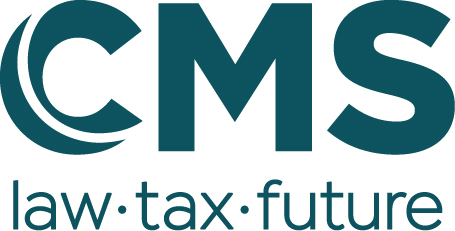Future Facing Lawyers
About
CMS IS A FUTURE FACING, GLOBAL LAW FIRM that puts the interests of clients at the heart of everything they do across their 70+ offices in 40+ countries in the UK, Europe, the Middle East, Asia, South America and Africa. With more than 1000 partners and 4500 lawyers, CMS work in cross-border teams to deliver top quality, practical advice no matter how complex the situation. Diversity and inclusion (D&I) is a vital part of CMS’ success; diversity of thought and the ability to understand different perspectives is crucial in our strategy to adapt, innovate and move forward. What does this mean in practice? We spoke to four representatives from across the firm, who shared insights into their CMS story so far.
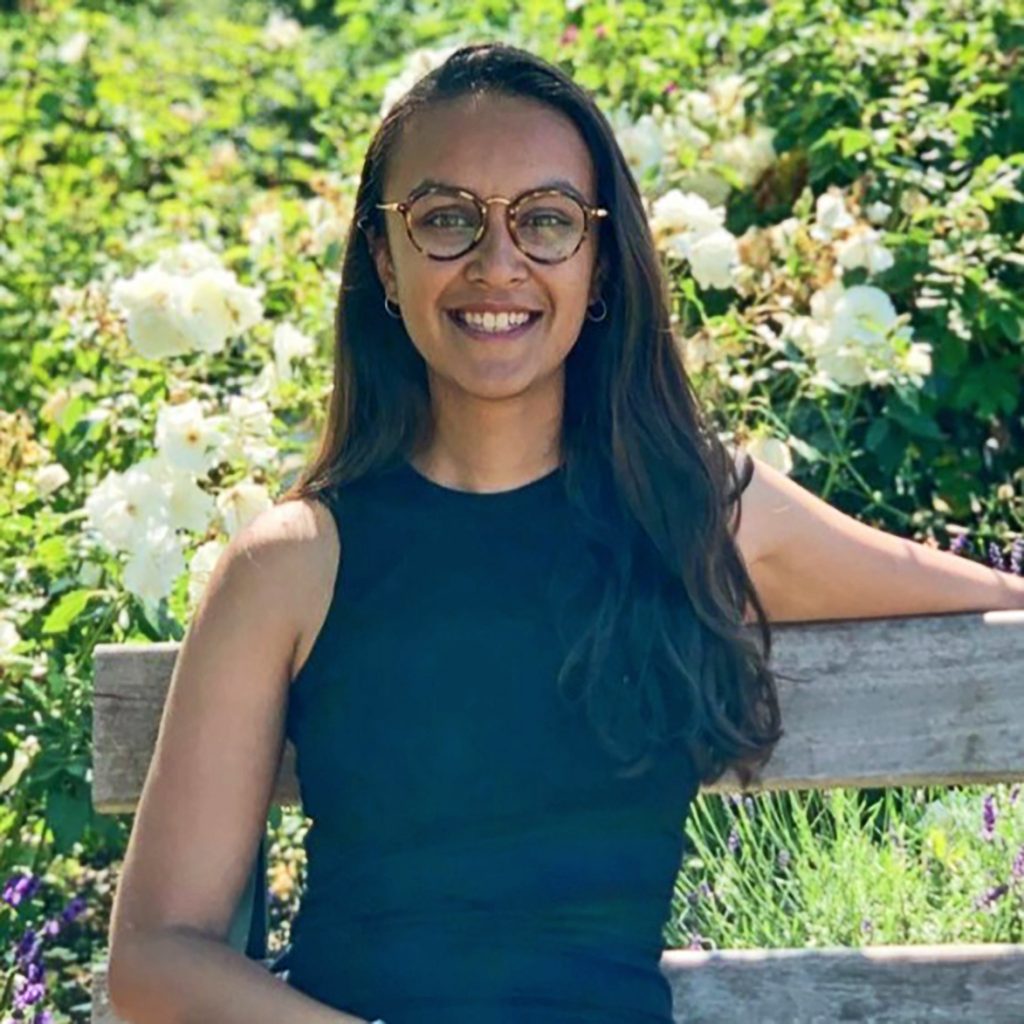
What was the transition like from trainee to associate and what support did you receive?
Qualifying during a global pandemic has definitely been interesting and not without its challenges! However, as an Associate, I now have more responsibility and interesting work. I’ve seen an increase in client contact and being asked to provide business advice. CMS provides all newly qualified lawyers (NQs) with training from finance through to client management, and within my practice group (Corporate) we have had an extensive training programme. I have regular informal catch-ups with my partner reviewer, an associate buddy in my team and the other NQs which has helped me to embed myself into the team and transition from trainee level.
What has been your most valuable lesson to date?
Your relationships with your colleagues and clients is as important, if not more than, the quality of your work. Your ability to be reliable, commercially aware and able to develop long term relationships is integral to get the opportunities to progress in your career. Of course, make sure your work is completed to the best of your ability, but bringing your personality to the fore and being authentic, goes a long way.
What made you choose the firm?
I was extremely inspired by CMS’s international reach and innovative culture. CMS’ huge reputation, client list and worldwide resources showed its ambitious nature, sparking my interest in the firm. This is because I wanted to be a part of a firm where I would have an array of opportunities and avenues to grow. I was attracted by the firm’s innovative nature and the extent to which CMS embraced new legal technologies.
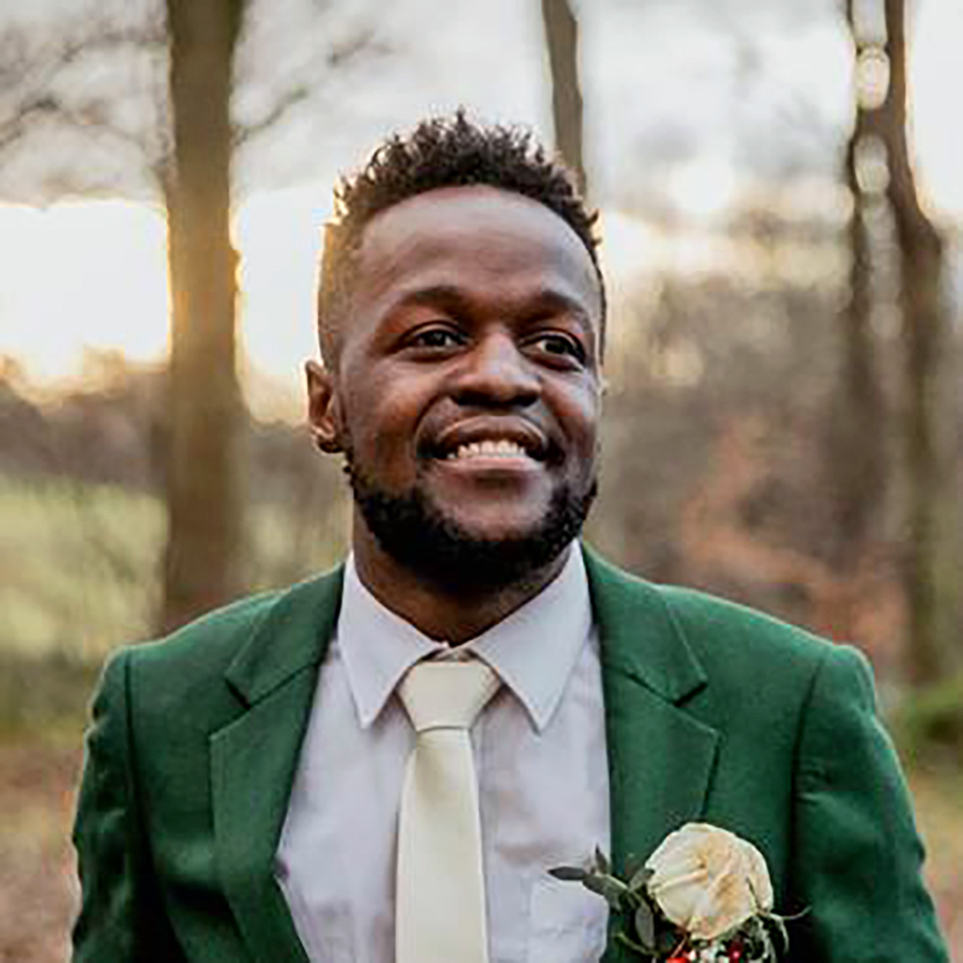
How did you secure your training contract and can you provide any tips to aspiring solicitors?
Firstly, I was well organised. I planned which firms to conduct research on based on those that interested me. I practiced a range of psychometric tests and set personal deadlines for submitting applications. This gave me confidence throughout the whole process. I was ready for any critical thinking, numerical reasoning, or other psychometric tests that came my way, meaning I had a greater capacity to excel in them. Due to the in-depth research I completed in the early stages, when attending assessment centres I was able to prepare confidently, which allowed me to be less nervous and to perform well.
Secondly, I made sure to be myself. There is a myth that you have to pretend to be the ‘perfect’ person to secure a training contract. However, I found being myself helped me to be genuine and allowed me to find the right firm for me.
Tell us a little bit about the tasks you have undertaken during your training contract so far.
During my time in the corporate transactions team, I worked on a few private M&A transactions and corporate reorganisations. Some of the typical tasks I’ve completed include drafting and amending board minutes and other ancillary documents, due diligence, document management and organisation.
I was also involved in a pro bono project where my team advised on the most suitable legal form in relation to the incorporation of charity. In the second half my seat, I was seconded to Lupl, an exciting project which the firm is supporting around the development of a platform for legal matters management. It was a unique opportunity where I got to experience how legal technology can shape and change the way lawyers work. My second and current seat is in insurance. My tasks include legal research, drafting coverage reports, creating chronology of facts, preparing attendance notes, bundling and other case administration work. No one day is the same at CMS!
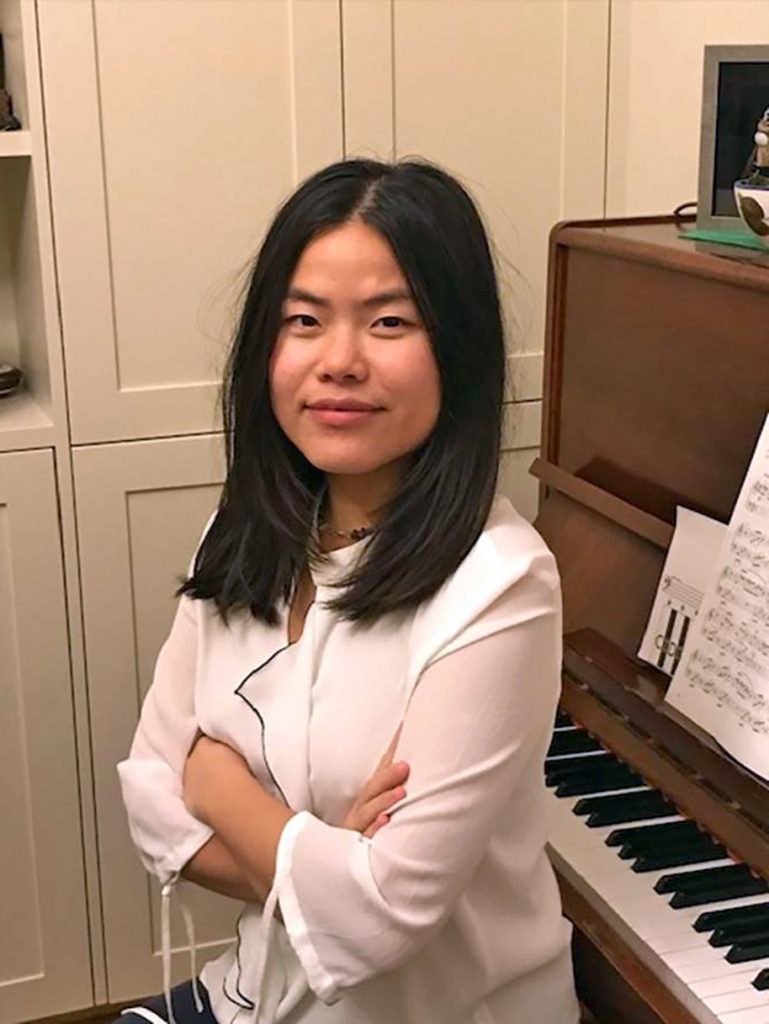
What non-client work have you had the opportunity to be involved in?
I was involved in a trainee D&I project to design a series of webinars for BAME students, interested in applying to CMS. The topics covered in the webinars included trainee skills, application tips, insights into life at CMS and virtual speed networking. Along with four other trainees from the BAME trainee committee, I helped source volunteers and even had a speaker slot during one of the sessions. I shared details of the skills I am developing as a trainee solicitor and answered questions raised by participants. It was the first event of its kind wholly organised by trainees; we were delighted that so many students wanted to find out more about CMS. For further details about future online events, please follow us on social media or join our online talent network.
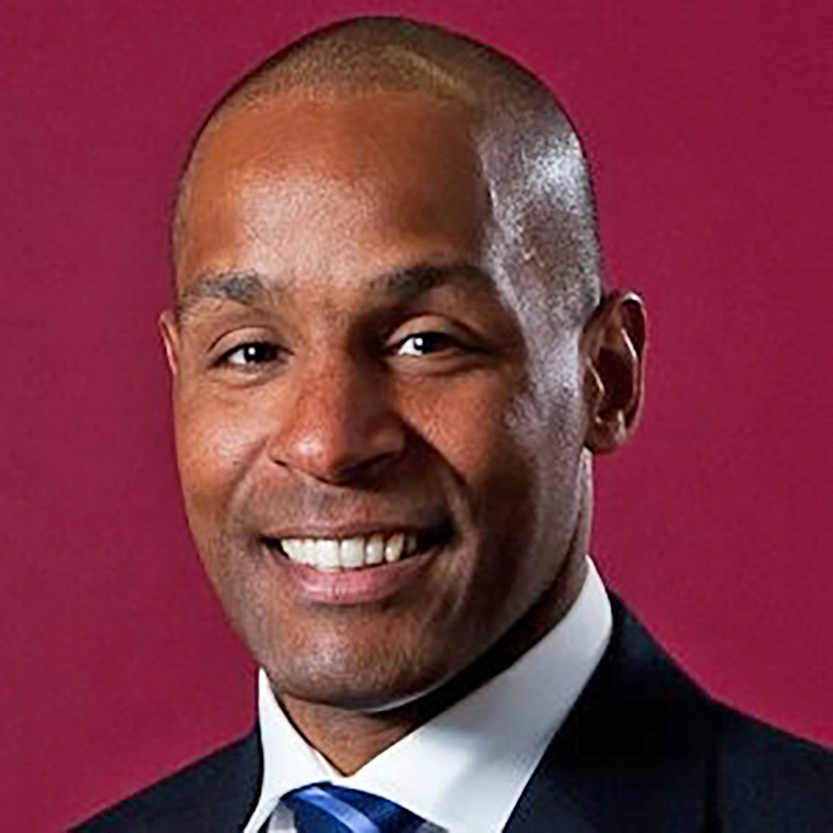
Can you tell us about some of your career highlights?
Without a doubt, working overseas was a real highlight for me – I have spent time (and qualified in) New York and Sydney, New South Wales and seeing different legal systems and enjoying the cultures of those countries was amazing. I would recommend any private practice lawyer spend some time out of their usual environment – whether that be overseas or on an in house secondment. Of course, as a litigator, there is the inevitable thrill of living a case, often for several years, and then winning at the end. But some of the best and most humbling moments have come through commercial settlements. I will never forget a Financial Director turning to me after I’d exchanged a settlement agreement and saying “thank you… you just saved 800 jobs”. Those moments are rare but make the job worthwhile. Finally, of course, the moment of making partnership is always going to be special, as a recognition of ability and effort and as the start of a new phase of responsibility and leadership
If you could provide one piece of advice to your younger self, what would it be?
I’m going to give two, both of which I still remind myself of today, 30 years in. First, keep an open mind/be adaptable: during a legal career you’ll be faced with lots of critical decisions. I started out wanting to be a corporate lawyer but ended up a litigator because it turned out that I had more flair for it and enjoyed it more. Dilemmas arise like – if I go and work overseas will I be left behind by my peers and will I have a job when I come back. If I leave London will I get work of the same quality? If I made any mistake in answering those sort of questions it was thinking too rigidly and conventionally about what my career would look like. If anything that meant that I made those decisions later than I should have done. Everyone’s experience of a legal career will be different but we all benefit from being able to see ourselves doing different things and being prepared to take risks.
Secondly, it is important to be yourself. I think the younger me was too willing to conform to an image of what I thought a solicitor should look/sound/act like, whereas you do better by being comfortable with yourself.
CMS is one of the Top 10 Global law firms providing you with access to expertise, experience and opportunities to help shape your future career.
Join us
The CMS Academy is the main route to a Training Contract at CMS.
For details of their Early Talent programmes, please visit

